
Stella_Cottrell_Critical_Thinking_Skills_Deve
.pdf
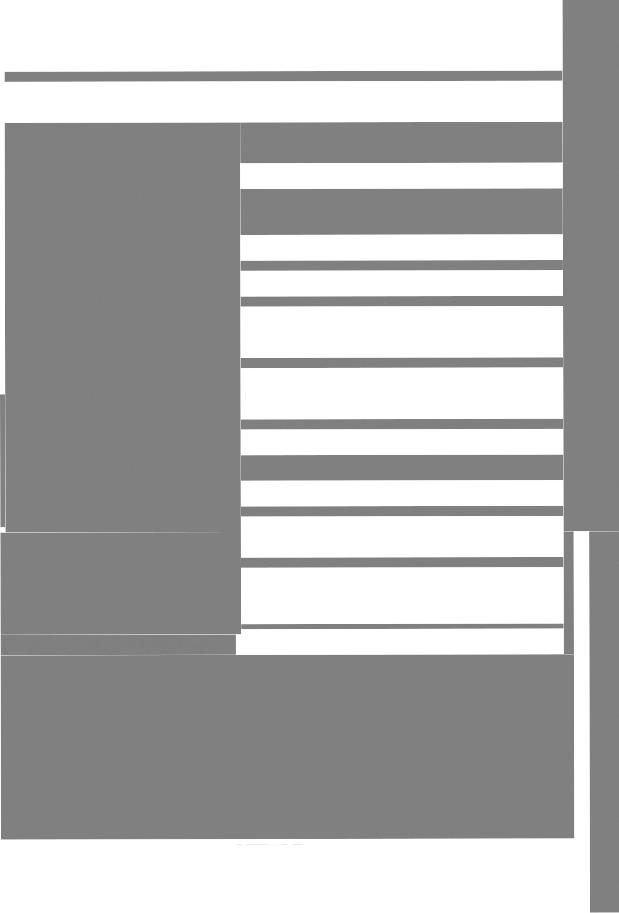


Evaluate Essay 1 (continued)
known to the genera1 public. It is unrealistic to expect that every band can tour the schools, as schools limit how many bands can visit in a term as they have other things to fit into the school day, and, furthermore, many bands couldn't afford the costs of going on tour. This is where downloading performs a service to the small artist.13When people download music for free, it actually helps to get it heard by a range of people who would not know about it otherwise.14
The public, especially people with little money, should not have to lose out because of the interests of big business. Business is only motivated by profits. It's in the interest of big business to prevent people downloading. Their argument is all about money, at the end of the day. They were not so bothered about copying from the radio because the quality of the reproductions was bad. If they really had a moral concern about stealing, they would have objected as much to taping as they do about downloading.15
There are some forms of stealing that are clearly always wrong, such as mugging a person or robbing their house. We have seen in this essay that stealing is a long-standing ethical problem, and that even though there have long been strictures against stealing, the moral position has not prevented people from stealing. This essay has looked at some areas which are much less clear cut. There are arguments for and against why downloading from the internet might be considered wrong. These depend on what viewpoint you take - companies worried about profit will always see it as wrong but ordinary music listeners think they are providing a helpful service. We also have to think about the artists, both what they can earn and also whether it is good to have their music heard by a wider audience.16Not everyone will agree with the arguments presented by either side. This is an interesting debate and one that will doubtless continue for many years.17
186 Critical Thinking Skills |
O Stella Cottrell (2005), Critical Thinking Skills, |
Palgrave Macmillan Ltd
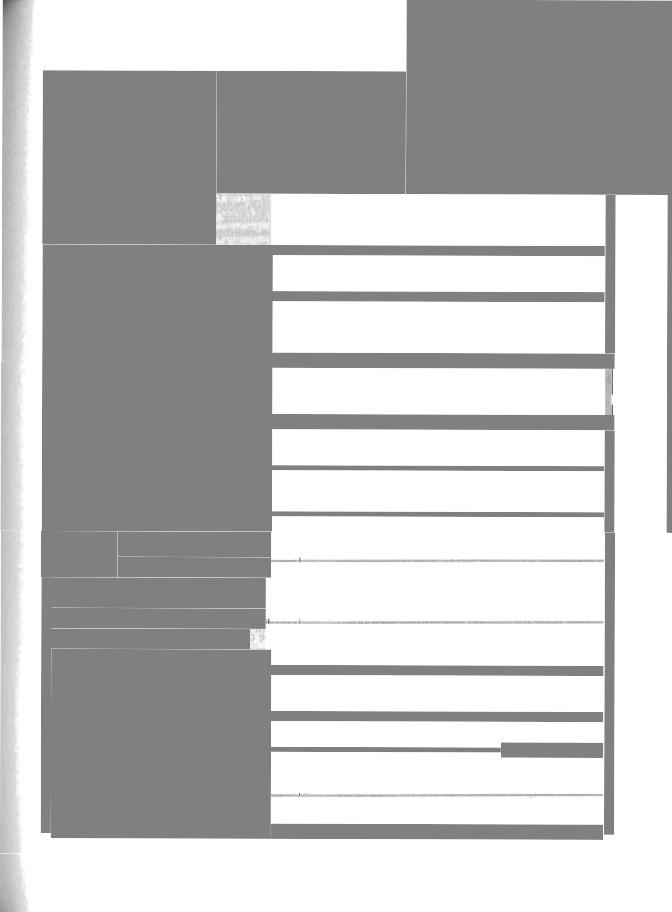
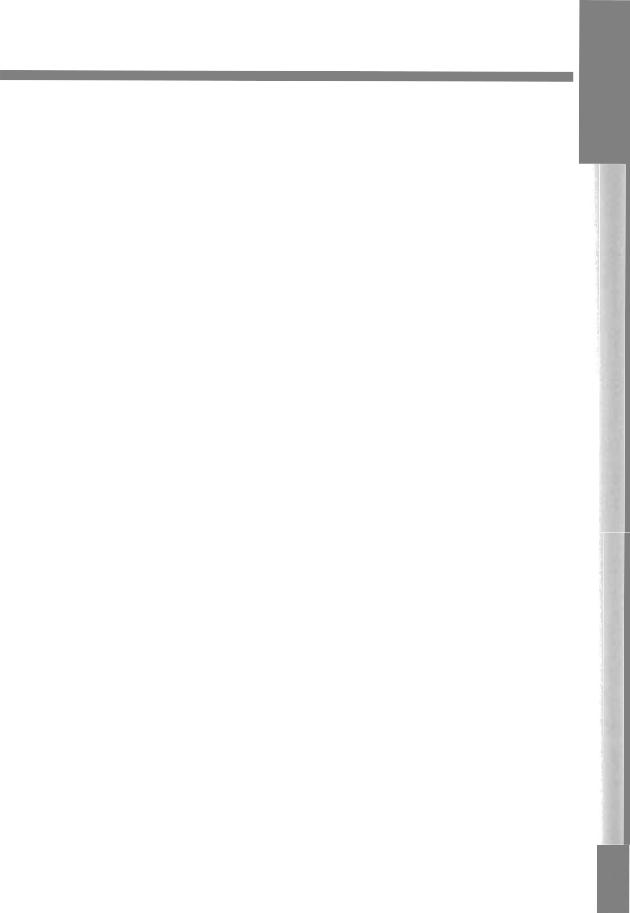
Commentary for Essay 1
The numbers of the points given below refer to the numbers provided in the text for Essay 1.
1.'Although most reasonable people . . .'- the author is making an assumption that the reader will agree with his or her point of view by appealing to them as a 'reasonable' person. There may be validity in this point of view but there is no evidence given of a universal agreement on which areas of stealing are considered wrong. See Chapter 7, p. 114, for more about this kind of flawed reasoning.
2.This paragraph consists mainly of overgeneralisations and repeats the main idea expressed in the first paragraph. It would be considered as 'waffle' by an editor or tutor. It is a waste of the words available.
3. The author states Lee's position on home taping and asserts that record companies were happy to overlook it. The author does not refer to any counter arguments on this issue, which weakens the point. Record companies did, in fact, make strenuous efforts to deter home tapers (such as the 1980s campaign 'Home Taping is Killing Music'). The author assumes that the only possible concern about home taping could have been profit and does not mention the possibility of ethical arguments such as the use of the artists' intellectual property. The author either has not considered the issues in sufficient depth, or is attempting to misrepresent the argument (see p. 119).
4.This is an assumption: the author does not provide convincing evidence that artists were not affected by such copying. Sales might have been even higher if copying had not taken place. Artists might have received a small proportion of the profits, so any reduction in sales may have affected them disproportionately.
5.The author makes uncritical use of Lee's and Carla's texts in this paragraph. Although the 'Lee' source is relatively credible, the 'Carla' text is sourced from a web-site for supporters of free downloading and therefore
respondents have a vested interest in their own arguments, which makes them less credible (see p. 131). There is an unquestioning acceptance that the music industry would be 'bland' without downloading, without critical consideration of this assumption. For example, it is worth considering how music has developed and changed across the centuries, and develops today within many cultures, without use of the internet.
6. The credibility of the 'Hibbs' source is questionable and yet the author re-states these views as if they were 'facts', without any analysis or discussion of what is being said.
7.It is flawed reasoning to argue that because 'everyone' does something, it is then acceptable. See p. 121.
8.The author's argument becomes very polemical at this point. The main thrust of the author's argument is that 'greedy' record companies are desperate to protect profits. It would have been useful to provide supporting evidence to back up this argument. The author would need to do some research to see if there are links between the decline in record company profits and an increase in internet downloading. Similarly, the author would need to find some supporting evidence to convince the reader that the main reason people download from the internet is that they cannot afford to pay. Alternative points of view are presented in the texts that the author has chosen not to use. The author jumps to conclusions, and appears to select facts to support his or her own interests. The position may be justifiable, but it has not been supported by the evidence presented.
9.There seems to be a sudden shift in the line of reasoning here, as the author lists arguments to support the view that internet downloading is wrongful theft. A linking
188 Critical Thinking Skills |
63Stella Cottrell (ZOOS), Critical Thinking Skills, |
Palgrave Macmillan Ltd
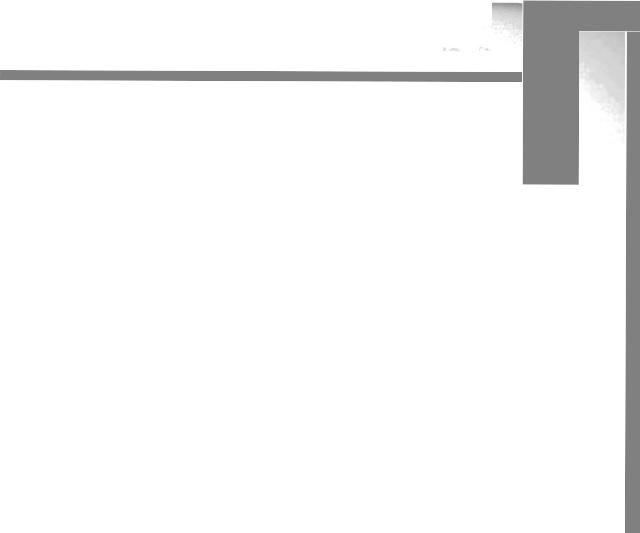
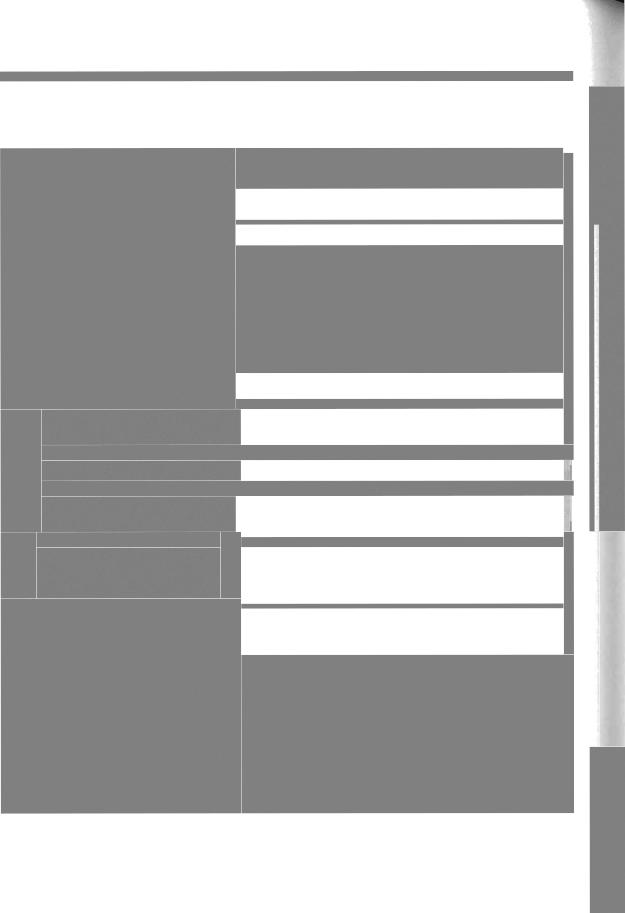

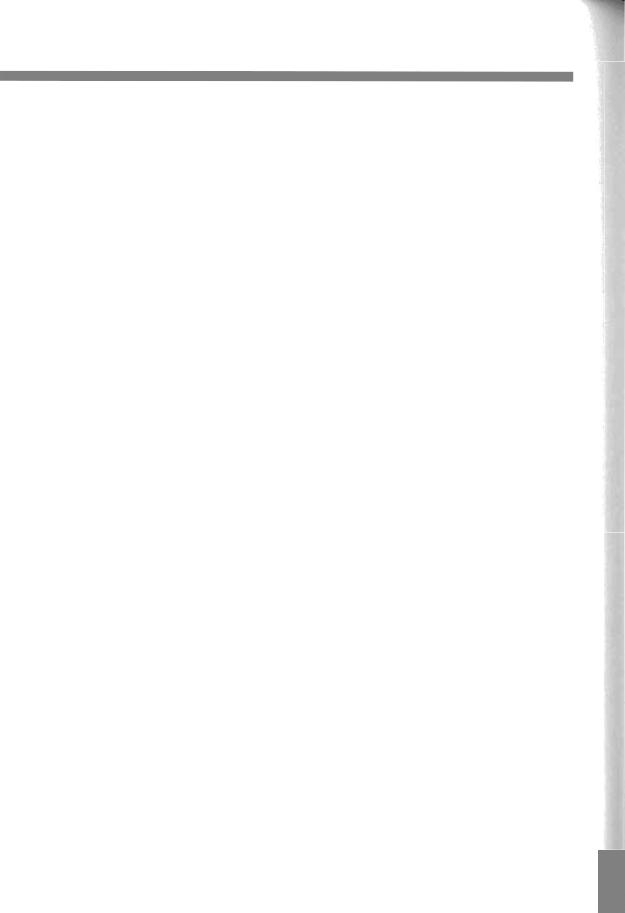
Evaluate Essay 2 (continued)
or providing evidence to show what such 'true' artists would want. Authors such as 'Carla' and Hibbs do not provide evidence to show that artists regard free downloading as being more in their interests than the actions taken by businesses. As music sales are usually of direct financial benefit to artists, many artists may also disagree with free downloading.1°
Moreover, Cuttle (2007)11asserts that arguments such as Carla's and Hibbs's are invalid in free market terms.12Publishers have a right to charge the highest price that they are able to obtain, and consumers can choose whether or not to purchase. In that case, business is not in the wrong to charge whatever price the market will sustain. However, there are other economic, and indeed artistic,13arguments against Carla's and Hibbs's positions.14Such authors assume that objections to downloading come mainly from large corporations who can be dismissed as 'greedy'. Kahliney (2006) argues that small, independent companies and recording artists are most likely to suffer the effects of downloading as their overall reliance on sales is greater. Given that sales for independent artists tend to be low anyway, falling sales could mean the collapse of small labels. Whilst artists could still have their music heard via free downloads, their position is unlikely to remain financially viable for long. Ironically, this increases the likelihood of a music industry populated by the type of 'bland' or 'middle of the road' acts that Carla complains would exist without internet downloading: they will be the only artists that can guarantee reasonable sales.15
In conclusion, I have demonstrated in this essay that there are arguments to support the view that all stealing can be regarded as 'wrong'. This holds true even in relation to complex areas such as internet downloading, where social behaviours may appear to support the view that downloading without paying is acceptable.16Indeed, in the case of unpaid downloading, there are legal and ethical, economic and artistic arguments to support the view that stealing from the industry is wrong. There are counter arguments, such as that downloading offers a service to music and small artists, but there is little evidence to support such views or to suggest that they represent the view of the majority. On the contrary, when given accessible, affordable payment options, most people chose not to steal, thereby acknowledging that free downloading is wrong. Although moral positions can easily be influenced by practical circumstances such as how easy it is to pay, research suggests people maintain an ethical sense that stealing is always wrong.
References
Carla (2006) internet chat room, Cla@mu.room.host,7 September 2006. Cuttle, P. D. (2007) 'Steal it Away', in National CRI Law Journal, vol. 7, 4.
Ebo, T., Markham, T. H., and Malik, Y. (2004) 'The effects of ease of payment on willingness to pay. Ethics or ease?' Proceedings of the Academy for Ethical Dilemmas, vol. 3 (4).
Hibbs, A. 'Letter to the editor', in National Press Daily, 3 November 2006.
Kahliney, C. (2006) 'Is this the end of the road?' In Small Music Distributor, 12 August 2006.
Lee, A. (2006) 'Why Buy?' In R. Coe and B. Stepson, Examining Media, pp. 36-57 (London: MUP). Mixim, A., Moss, B. and Plummer, C. (1934) 'Hidden consensus'. In New Ethical Problems, 17, 2. Piaskin, F. (1986) 'Moral Dilemmas in Action', in Joint Universities Jottrnal of Advanced Ethics, vol. 8 , 2. Spratt, A. (2004) 'The Editorial', in The Middletown A r g u , 17 June 2004.
192 Critical Thinking Skills |
O Stella Cottrell (2005), Critical Tl~inkingSkills, |
Palgrave Macmillan Ltd
